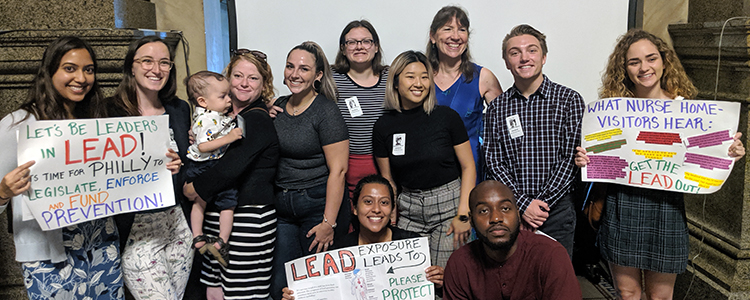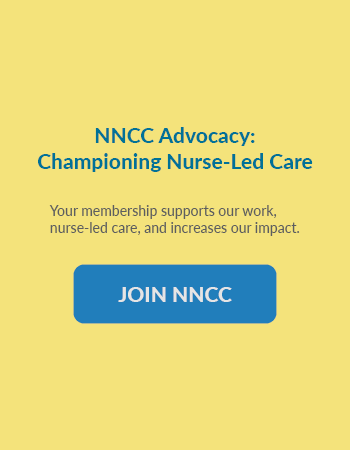According to a 2015 report by the Philadelphia Department of Public Health, poor housing quality and housing instability are the most consistent and strongest predictors of emotional and behavioral problems in low-income children and youth. Many Philadelphia families live in unsafe and unstable living conditions contributing to their poor health and well-being. Of particular concern are high blood lead levels among children living in homes with lead exposure, which carries a significant risk of impaired cognitive functioning and behavior. Unsafe housing can also contribute to high maternal stress levels.
Housing instability for low-income families is driven by limited access to affordable housing. Rental costs continue to increase across the city while low-income renter’s wages have stagnated and access to supports has not kept pace. Dramatic tax increases in rapidly gentrified neighborhoods force longtime homeowners out of their homes and communities. While programs exist to help families remain in their homes, they often have long waitlists and the most vulnerable Philadelphians often lack the support needed to successfully access these programs.
Inadequate funding and complicated processes present overwhelming barriers for many families attempting to access the city’s preventive services like rapid rehousing and emergency financial supports. Too often, families that do qualify for assistance are unable to access the funding in a timely enough fashion to prevent the loss of their housing. Emergency housing for homeless residents, particularly pregnant and parenting women who are victims of domestic violence, is scarce and significantly underfunded. Assisting families in maintaining and remaining in their home needs to be prioritized. The NLP supports policies to increase the availability and affordability of safe, stable and sanitary housing options for low-income families.
ACTION STEPS
- Support and contribute to systemic advocacy work to improve housing conditions for families, including addressing residential health hazards like lead paint and bedbugs.
- Educate policymakers on the impact of unsafe and unsanitary housing conditions on family health and well-being, and the need for revised housing policies and increased funding to meet existing needs.
- Support the work of community-based organizations and city-wide agencies focused on creating bold public health and housing policies, including the preservation of existing affordable housing.
- Partner with coalitions in support of improved housing conditions and a city-wide response to the emergency housing needs of the homeless and victims of domestic violence.
- Protect the rights of tenants and homeowners to safe and healthy living conditions through NLP legal services and referrals to community resources.


